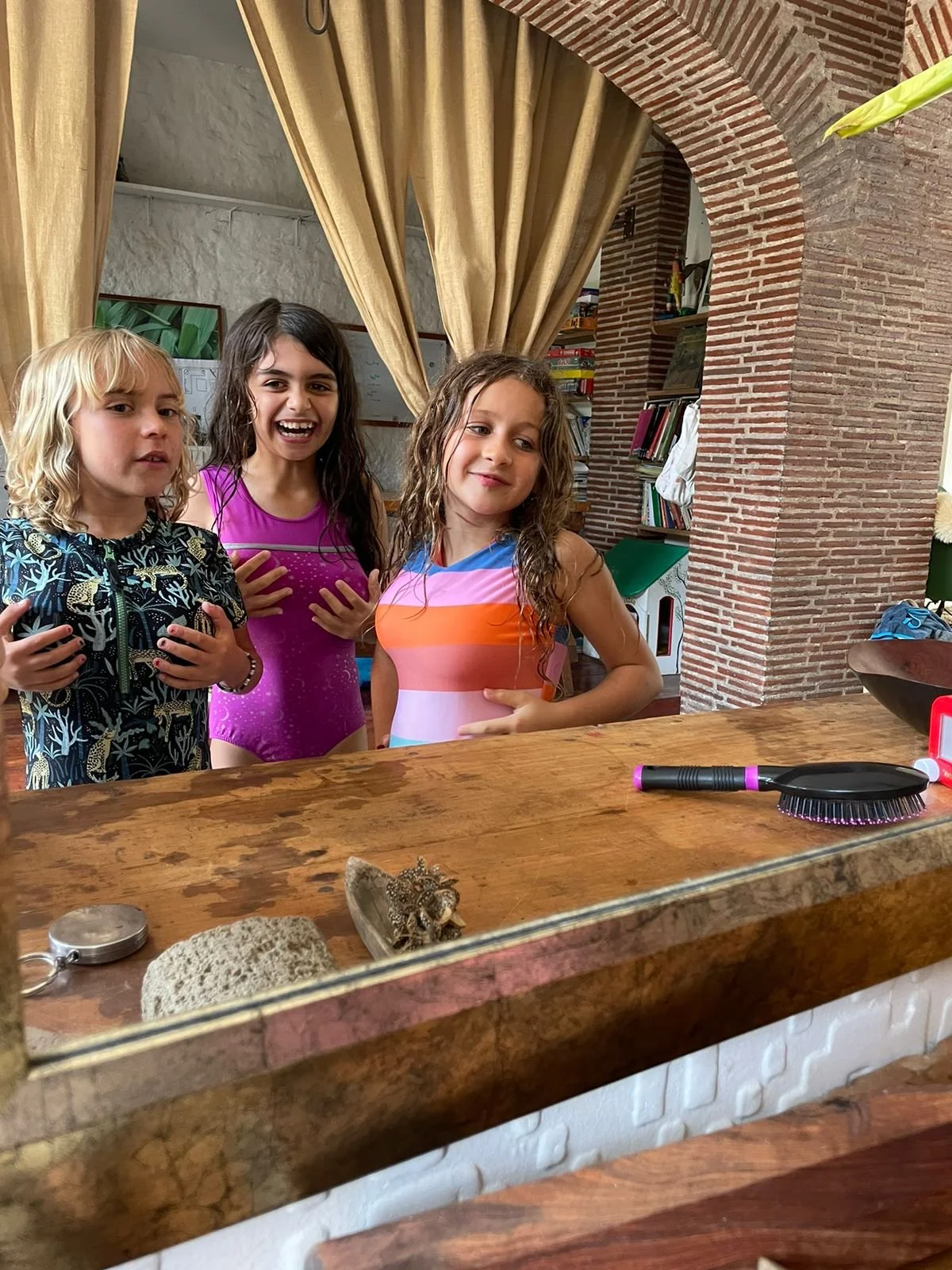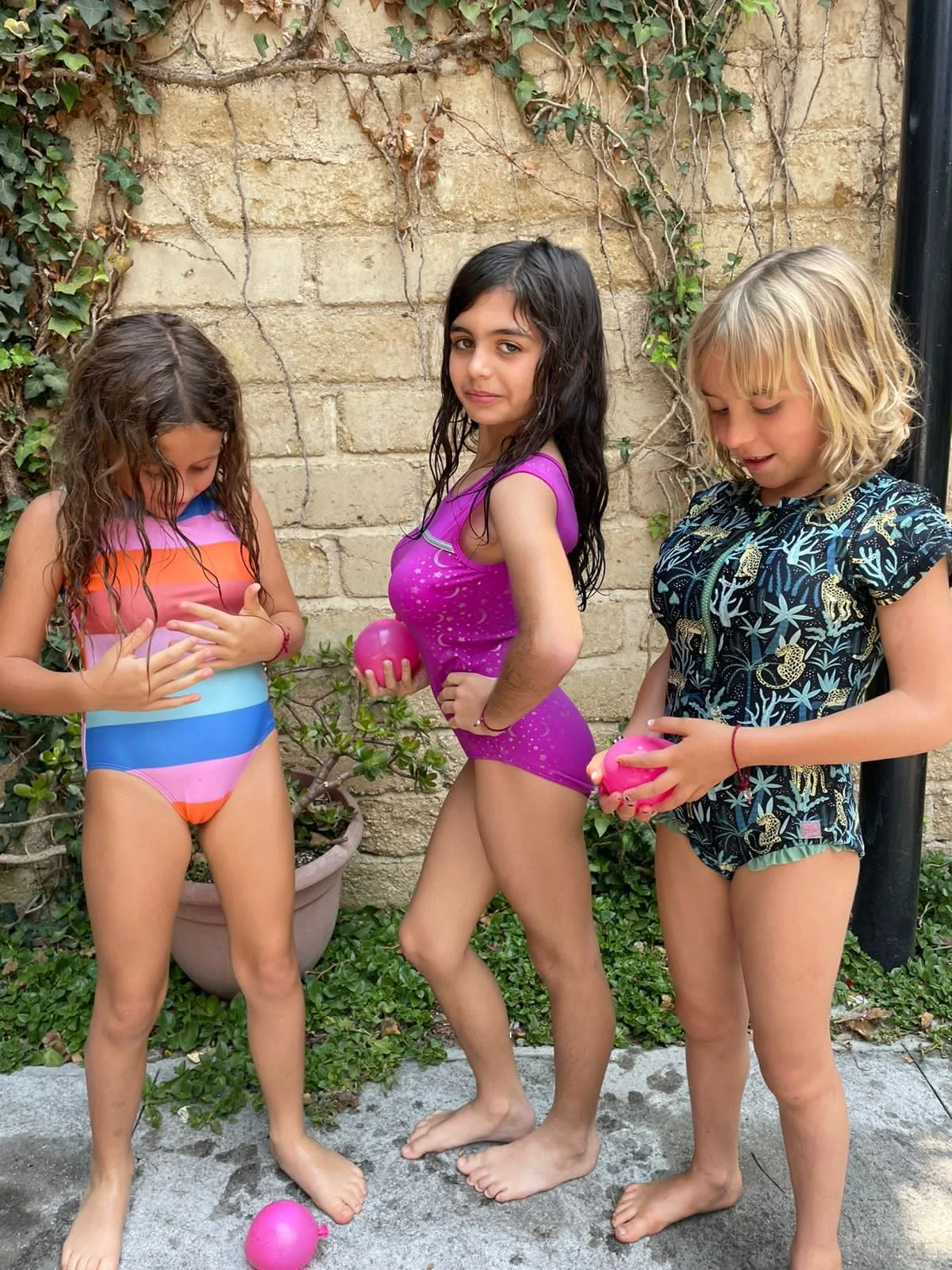Hierarchical Thinking: Comparison, Judgement and Competition
Isn’t it strange that we are constantly thinking about everything in terms of a power relationship? Better and worse. Things are hardly ever stated as different. Instead everything is vertically judged. We don’t think horizontally. Everything is hierarchical. We don’t say this is X. We say X is better than Y. Or thinner, smarter, faster, more logical, prettier, etc…
In today's society, we want and need to categorize and judge. We find comfort in hierarchical structures, where everything is neatly organized and evaluated on a scale of better or worse. This ordering experience allows us to make sense of the world, create a sense of clarity and feel in control.
We often define success or achievement based on these hierarchical scales, which lead to competition, comparison, and a constant pursuit of being better. It is a one up model.
Organization helps us digest our experiences, but this hierarchical model has its limitations. By categorizing everything, we restrict the possibilities and create a system of me versus you. We stop being just different, instead we have opposition, right and wrong.
When it comes to intimate relationships, the impact of the hierarchical mindset becomes even more pronounced. In our pursuit of categorization and judgment, we often bring this mentality into our personal lives, inadvertently placing our partners and relationships on a scale of better or worse.
The desire for hierarchy in relationships can manifest in various ways. We may compare our partners to others, constantly seeking to determine who is superior or inferior. This creates an atmosphere of competition, where we are constantly striving to one-up each other rather than fostering a sense of unity and support. The focus shifts from building a loving and fulfilling partnership to a relentless pursuit of getting the best out of the other. It becomes about power, who loves more, who is right, who compromises, and who is in control.
By categorizing our partners' actions and behaviors as right or wrong, we overlook the complexity and nuances of their experiences. We fail to recognize that there is often a wide spectrum of possibilities between these extremes. This binary perspective inhibits our ability to empathize and truly understand our partners, leading to misunderstandings, conflict, and a lack of emotional intimacy. We trade in domination and power for collaboration and cooperation.
Embracing a non-hierarchical approach allows us to appreciate and honor the unique experiences, perspectives, and emotions that each partner brings to the relationship. It encourages us to listen deeply, practice empathy, and seek to understand rather than judge. By transcending the confines of hierarchy, we create space for growth, vulnerability, and a deepening of intimacy within our relationships. Instead of viewing differences as opposing forces, we can celebrate the diversity and individuality of our partners. Recognizing that no one is inherently superior or inferior, we can foster an environment that values open communication, mutual respect, and shared decision-making.
In this shift from a world of winners and losers, we prioritize inclusivity and meeting the needs of all individuals involved. Instead of being stuck in an objective reality and accuracy-focused model, we focus on understanding what each person wants and needs, and how we can collectively work towards fulfilling those desires. This approach allows for flexibility and adaptability, acknowledging that everyone's needs are valid and should be considered.
Are you looking for help with your relationship? Do you feel that a relationship coach could help you working on your couples skills? Is communication an issue? Have you ever considered couples therapy or counseling? As a psychotherapist and relationship coach, I am uniquely positioned to help you through these moments of disconnect and conflict.
__
Learn more about my approach to life consulting and relationship coaching here or get in touch for your free 30-minute consultation here! Don’t forget to follow along @LilyManne on social for more regular updates!


